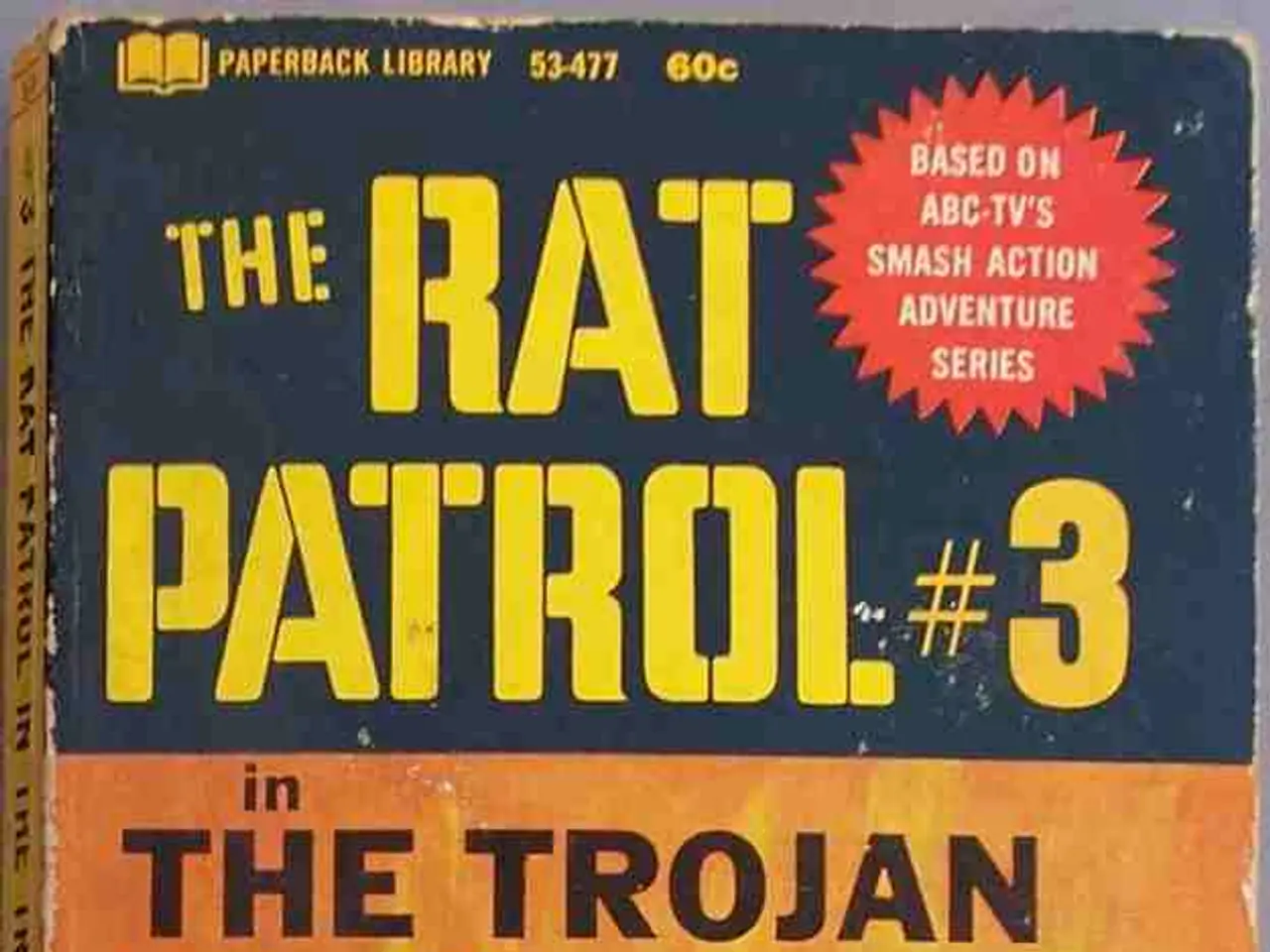A Dangerous Escalation: Iran's Use of Cluster Munitions against Israel
Israel alleges Iran employed a missile armed with cluster munitions in a recent assault.
Let's dive into the latest conflict between Iran and Israel, marked by a chilling escalation. On a fateful morning, Iran allegedly fired around 20 ballistic missiles towards Israel. The aftermath was chaotic and destructive, causing injuries to 65 individuals, including three who were seriously wounded. Among the affected areas was the Soroka Hospital in Beersheba, a hospital treating many soldiers injured in the Israeli military operation in the Gaza Strip.
Buildings in cities like Ramat Gan and Holon, situated near Tel Aviv, were also damaged by rocket impacts. The chilling twist? Tehran seemingly utilized cluster munitions in the assault.
According to the Israeli military, one of these rockets' warhead disintegrated at an altitude of around seven kilometers, scattering approximately 20 smaller explosive devices over an expanse of approximately eight kilometers. These munitions, without propulsion or guidance, simply fall to the ground randomly, each containing about 2.5 kilograms of explosive material.
While Iran possibly possesses ballistic missiles of the Qadr S type with a range of 2,000 kilometers and capable of carrying cluster munitions, it remains unclear if such missiles were used in this instance.
One of these explosive bodies struck a house in Azor, causing some damage. Israeli forces compared the impact to that of a small rocket. The global community largely shuns cluster munitions due to their uncontrollable descent, a characteristic that often leaves unexploded ordnance behind, posing a danger to civilians. Neither Israel nor Iran has ratified the international convention prohibiting these weapons.
Cluster bombs don't just pose immediate dangers through their widespread explosive impact but also long-term risks due to unexploded submunitions acting like landmines, threatening civilians far beyond the strike. Israeli authorities have issued public warnings about the dangers of these unexploded bomblets and are conducting disposal operations to minimize civilian harm.
In light of these attacks, Israel has vowed to hold Iran’s leadership accountable for what it terms "war crimes." The introduction of cluster munitions signals a dangerous and potentially prolonged phase in the Iran-Israel confrontation.
In short, Iran's deployment of cluster munitions against Israel represents a significant escalation with both humanitarian and military consequences, posing long-term threats to civilian populations and marking a new chapter in the Iran-Israel conflict.
- The Commission, which has also been consulted on the draft directive regarding the prohibition of cluster munitions, might find this recent use of such weapons in the Iran-Israel conflict relevant to their discussions.
- Amidst the general news coverage of the war-and-conflicts between Iran and Israel, the politics surrounding the use of cluster munitions has become a topic of heated debate.
- Meanwhile, in the realm of crime-and-justice, international criminal courts could potentially investigate whether the introduction of cluster munitions in this conflict constitutes a war crime, given their indiscriminate nature and long-term dangers to civilian populations.







